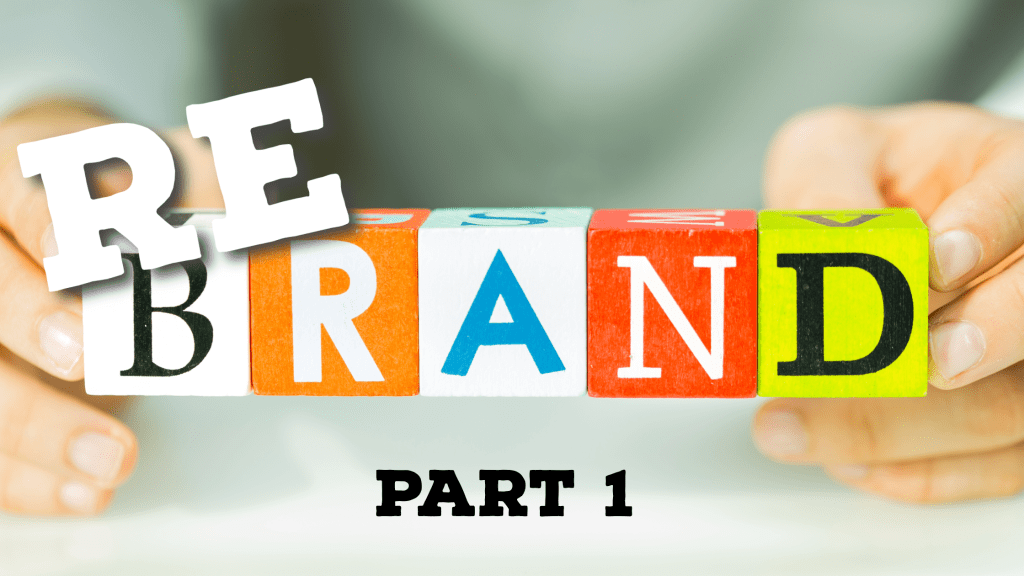by Sarah Purdy, WP editor and online content specialist
One of the biggest buzzwords in marketing today is artificial intelligence. After the launch of ChatGPT in November 2022, there was a slew of headlines about the rise of AI-generated content and how it could be used to revolutionize marketing.
So what exactly are these tools capable of? And can they really produce quality content? In this article, we’ll dive into what AI can do and the pros and cons of incorporating this technology into your marketing plan.
What is AI-generated content?
AI software pulls pre-existing information from search engines and uses it to create unique content based on the questions, keywords, phrases, or topics you enter.
To get a clearer picture, let’s look specifically at how ChatGPT works. This chatbot uses specialized algorithms to find patterns in data sequences. It uses machine learning to predict text and produce content that is both humanlike and conversational. ChatGPT can respond to questions and write everything from articles to social media posts, emails, quizzes, programming code, and even music. It is trained by humans, who initiate “conversations” and then rank the chatbot’s responses. ChatGPT learns from both this reward model and written feedback, so it can keep creating better content.
For example, if you get an answer from ChatGPT that isn’t relevant, you can type in a response like, “That information is not what I was looking for. Can you try again?” ChatGPT adjusts its language model based on that feedback so it can find better information and produce better content for you in the future. The more you interact with ChatGPT, the more it learns.
Pros of using AI for marketing
- Quick content generation. In today’s fast-paced marketing landscape, professionals are constantly feeling pressured to churn out new content. That’s what makes AI so attractive—it provides results in minutes on a wide range of subjects. You can have a blog post or several weeks’ worth of social media content in a fraction of the time it would take a human writer to finish.
- Task delegation. Companies are beginning to train AI tools to take on simple tasks to free up their teams to work on more complex projects. The most common example is companies who have trained chatbots to answer customer messages and frequently asked questions. If you’ve ever interacted with a “live” chat feature on a website, there’s a very real possibility you were talking to an AI tool.
- Cost effectiveness. There are multiple AI tools with various subscription fees, but they often cost $100 or less for one year of service.
- SEO insights. AI technology is pulling from content that’s already popular and that’s well optimized for online search. By entering a query into an AI tool, you can find valuable examples of keyword clusters and formatting that’s performing well.
Cons of using AI for marketing
- Inaccuracy and inconsistency. AI is trained by testing, error, and feedback. (Remember, ChatGPT is constantly fine-tuning its language model based on your interactions.) Still, it takes a lot of time to teach these tools, and there is still no guarantee that all the content they pull is accurate. The quality of the content also largely depends on the amount of information that’s available on the topic in question. In other words, you could get a great blog post one day and a poor one the next solely because the second topic is more obscure.
- Knowledge limitations. AI is not all-knowing. For example, ChatGPT does not have access to any articles, stats, or other data published after September 2021, when its information import ended so the software could launch. That heightens the risk of publishing outdated, irrelevant content.
- Rigidity. AI functions best when it is asked a specific question. It cannot detect nuance and has a difficult time addressing a multilayered question. Say you ask it something like, “Is Monte Carlo a good vacation spot based on the weather?” The tool may zero in too much on the weather in Monte Carlo and skip over other reasons why it’s a good vacation spot, which would also be of interest.
- Lack of human insight. Content put out by AI can sound stiff and robotic. It also lacks empathy and can’t flag offensive material or potential bias in the information it pulls. You may end up with something that doesn’t match your brand’s voice or values.
- Plagiarism. AI does not provide citations, which can place you at risk for accusations or suits of plagiarism, as well as using information that’s unaccredited.
Verdict: Will AI take over the marketing world?
There’s no question that AI technology will continue to advance and become a major player in many industries, including marketing. And it can certainly be a valuable tool for marketing professionals today. AI software can take over simple tasks like answering customer questions, help you overcome writer’s block, or provide great SEO insights like what keywords your audience is searching for.
However, content that’s generated by AI, whether it’s a short social media post or a long-form article, should not be published without human vetting. AI can give you a great blueprint, but you must fact-check the content, screen for plagiarism and bias, and transform it so that it aligns with your brand. In the end, AI is a tool—it’s not a replacement for professional writers and marketers.
If you’re in need of professional writing help or someone to review your AI-generated content, an agency like the Write Place is a great resource. Contact us today at s at 641-628-8398 or send an email to hello@thewriteplace.biz.
Sources:
- What Is Generative AI? Everything You Need to Know (TechTarget)
- What Is ChatGPT? (In About a Minute) (Eye on Tech)
- The Rise of ChatGPT in Online Media: Pros and Cons (Andrew Ryzhokhin)
- The Pros and Cons of AI-Generated Content (HubSpot)
- Does ChatGPT Learn from Users? (PC Guide)
Photo by Hitesh Choudhary on Unsplash



